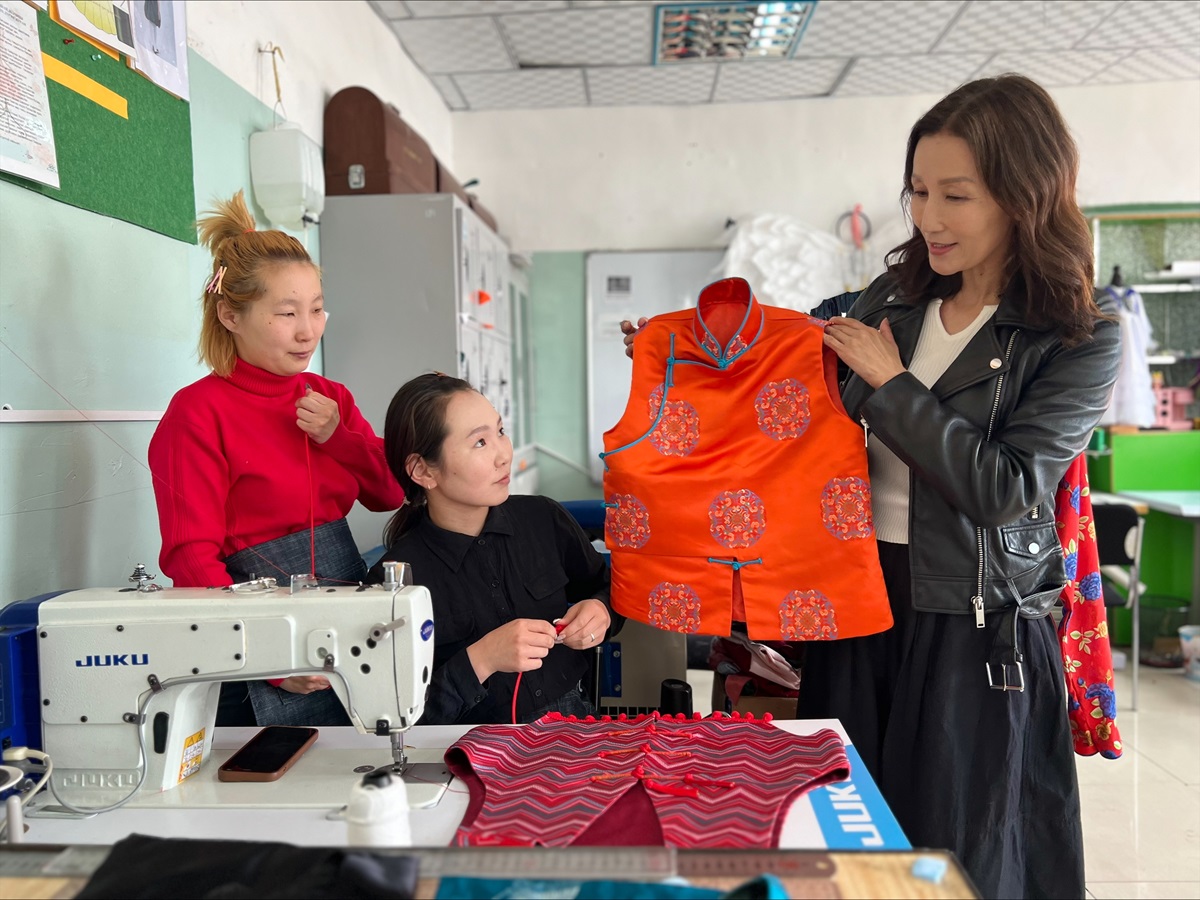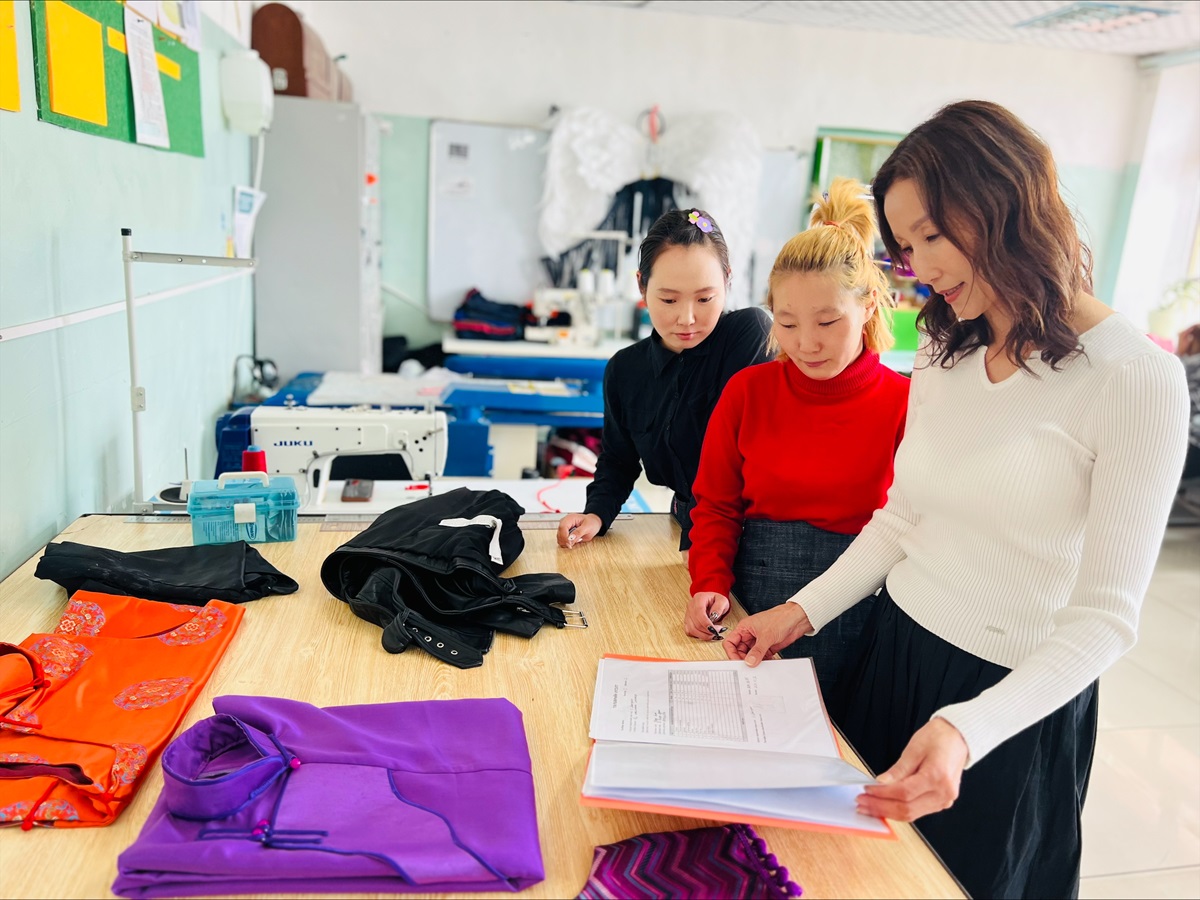Rebuilding Connections: Pathways for Growth and Empowerment
Each project implemented in a local area has its own unique goals and values, which in turn, influence social psychology, citizen participation, and support. M. Enebish, Director of the Lifelong Learning Center in Sukhbaatar province, serves as the Monitoring and Evaluation focal point for the Project Aimag Level Counsel (ALC) of Save the Children’s “Entrepreneurship-Focused Socio-Emotional Skills for the Most Vulnerable Youth in Rural Mongolia” project.
She monitors the implementation of project activities, ensuring they are effective, on target, and completed on time. She also oversees the procurement process for teams that have received funding and works to contribute to both social and personal development. Throughout the six months of project implementation, M.Enebish organized meetings and interviews with the teams to exchange ideas and insights on key considerations for successful project execution. Additionally, she regularly provides advice and support to the 28 children and youth involved in the seven subgrant projects she oversees.

It is common for children to feel intimidated, reluctant to speak freely, or hesitant to answer truthfully when they learn that she is the Monitoring and Evaluation focal point. To address this, she makes an effort to be as open as possible, engaging in friendly conversations about topics that interest the children. This approach creates an environment where the children feel more comfortable and open.
“I believe it’s more important to listen to children than to simply give instructions. We encourage them to reflect on their actions, discuss any mistakes, explore ways to correct them, and think about how to work more effectively in the future. By doing this, we empower them to find their own solutions. This is a crucial step toward becoming a true entrepreneur someone who can plan their future, identify challenges, find solutions, and take responsibility,” says M. Enebish.

She works closely with her children, building connections as both a teacher and a friend. She actively engages in discussions about their projects, champions their work, and connects them with relevant organizations and individuals. By promoting the products and initiatives of children and youth involved in subgrant projects to their peers, she inspires others to pursue their dreams and turn them into achievable goals.
Another of her responsibilities is serving as a member of the Subgrant Project Selection Commission, where she supports children and youth from the project selection stage through to completion. In Sukhbaatar province, six subgrant project competitions were held, with 435 children and youth submitting 98 project proposals. Enebish participated as a judge in five of these competitions, reviewing 84 proposals submitted by 382 children and youth.
The goal of the project proposal selection is to help young people apply the personal skills and entrepreneurial knowledge they’ve gained from training, while identifying potential resources and developing innovative business ideas that can be implemented in their communities and schools. This includes teamwork, taking responsibility toward team members and funding organizations, assessing risks, managing projects within budgets and plans, and fostering creative and innovative thinking.

Enebish stated, “I am truly happy to be part of such a wonderful project being implemented in the region. It’s an honor to support the development of our children and youth and contribute to the future of our country. Through my involvement, I am not only contributing to their development and growth but also learning new things, gaining valuable experience, and working with dedication on the ‘Entrepreneurship-Focused Socio-Emotional Skills for the Most Vulnerable Youth in Rural Mongolia’ project. I would like to express my heartfelt gratitude to Save the Children and the project team.”

